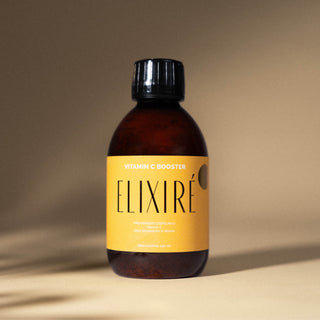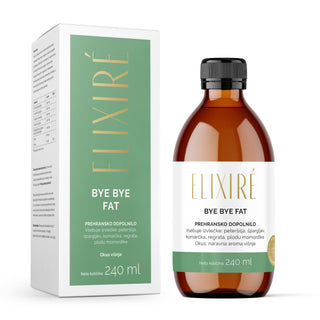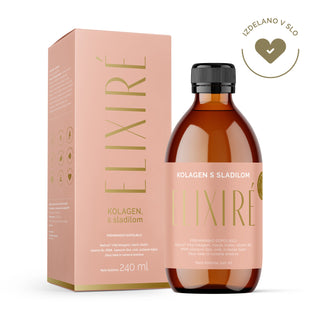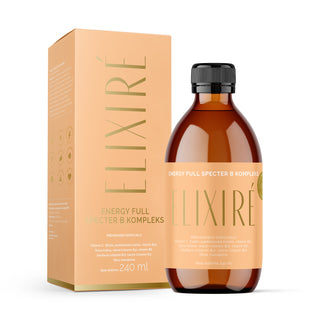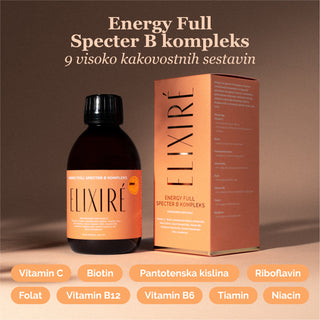Vitamin C: a star for health, skin and immunity
Vitamin C, or ascorbic acid as it is also known, is a true star among vitamins. It is not only a popular immune-boosting supplement, but it plays a key role in many processes in the body – from collagen formation to immune system support. It is no wonder that it is called "shine vitamin", as it supports health from the inside out.
What is vitamin C and why do we need it?
Vitamin C is a water-soluble vitamin with strong antioxidant properties. This means that it helps neutralize free radicals – unstable molecules that can damage cells and accelerate aging. It also helps form collagen, a protein that is essential for firm skin, healthy joints and strong blood vessels. This vitamin is also essential for the absorption of non-heme iron from plant foods, making it especially important for vegetarians and vegans. And of course: it strengthens the immune system and supports rapid wound healing.
History: from scurvy to the Nobel Prize
In the 18th century, sailors suffered from a disease called scurvy. Bleeding gums, fatigue, and tooth loss were the result of a lack of vitamin C. When citrus fruits were added to their diet, their condition improved. In 1932, scientist Albert Szent-Györgyi succeeded in isolating vitamin C and later received the Nobel Prize. (1*) (2*)
Today we know that vitamin C is much more than just a remedy for scurvy – it is the foundation of overall health.
Key benefits of vitamin C
- Antioxidant: protects cells from oxidative stress
- Collagen formation: for healthy skin, bones and gums
- Better iron absorption: supports blood count (3*)
- Immune system support: shorter colds and greater resistance
Natural sources of vitamin C Vitamin C is found mainly in fruits and vegetables.
The richest sources are:
- Citrus fruits: oranges, lemons, grapefruits
- Berries: strawberries, currants, blueberries
- Tropical fruits: kiwi, mango, papaya
- Vegetables: peppers, broccoli, kale, tomatoes
For the best effect, try to eat vegetables raw or lightly cooked, as vitamin C breaks down at high temperatures.
When to take supplements?
In an ideal world, we would get all of our vitamin C from food. However, during certain periods – for example, during increased stress, during illness, when smoking, or during increased physical exertion – the need may be greater.
Elixiré Liposomal Vitamin C is a great choice for anyone who wants greater absorption and wants to take care of their immunity, skin and energy. The liposomal form allows vitamin C to get where the body needs it most - quickly and effectively.
Want to learn more about what liposomal absorption is and why it's so effective?
Read more here: What is liposomal absorption?
Conclusion
Vitamin C is a small but mighty ally for your health. Include it in your diet every day: with a variety of colorful foods and, if necessary, with quality supplements. If you want to reap all the benefits of vitamin C with maximum absorption, try Elixiré Liposomal Vitamin C – in an advanced form that your body really benefits from.
Read more: The Science of Liposomal Vitamin C: Why is the Body Absorbing It Better?
Literature (*)
1. Source: The discovery of vitamin C: (Kenneth J. Carpenter), https://pubmed.ncbi.nlm.nih.gov/23183299/
2.Source: Albert Szent-Györgyi's Discovery of Vitamin C – International Historic Chemical Landmark, https://www.acs.org/education/whatischemistry/landmarks/szentgyorgyi.html
3. Source: Vitamin C - NIH Fact Sheet for Health Professionals, https://ods.od.nih.gov/factsheets/VitaminC-HealthProfessional/


